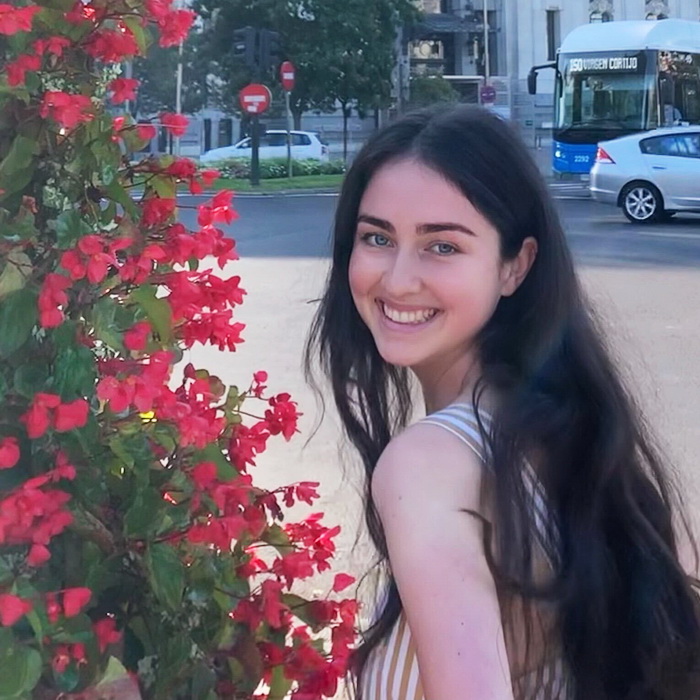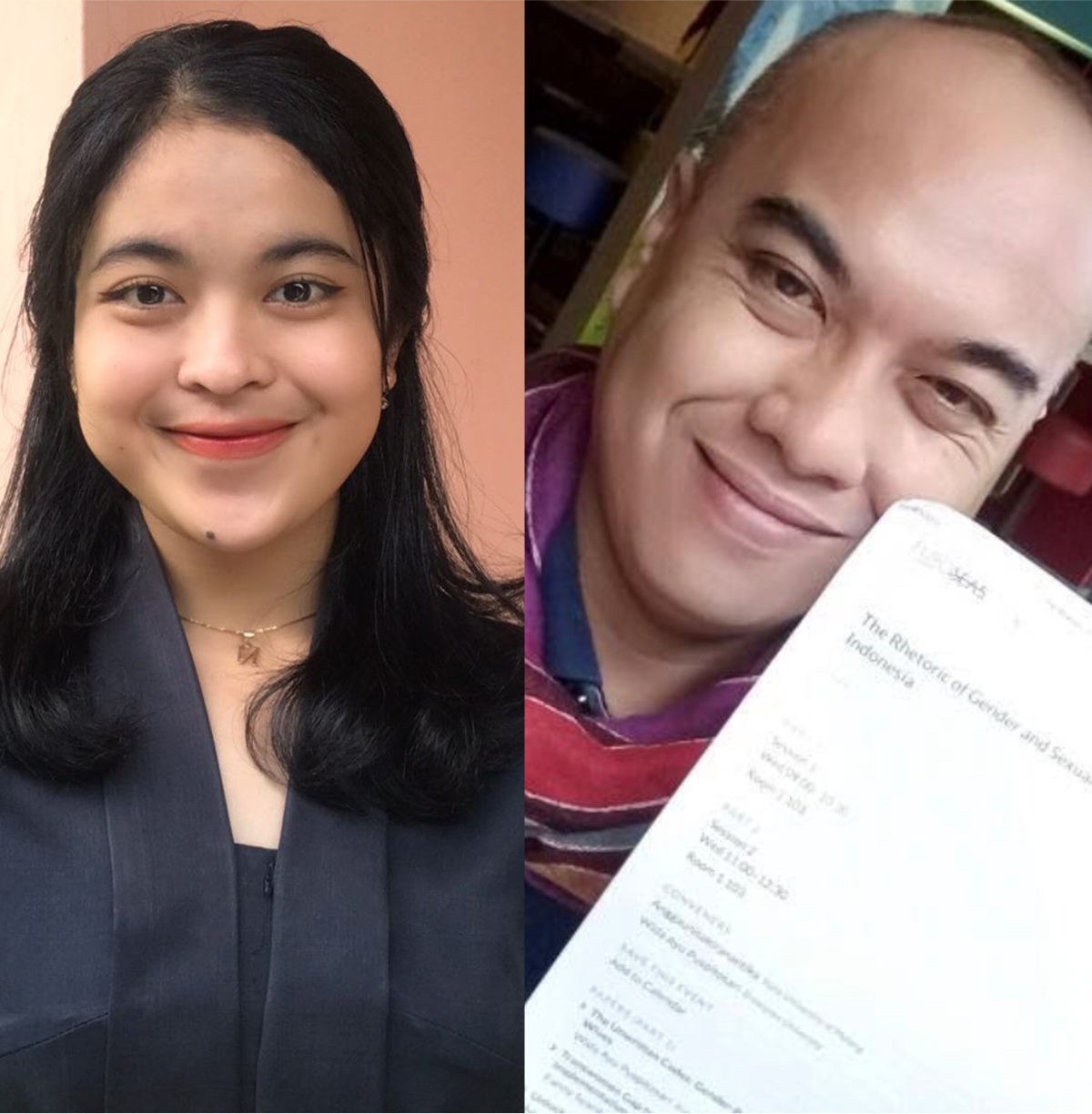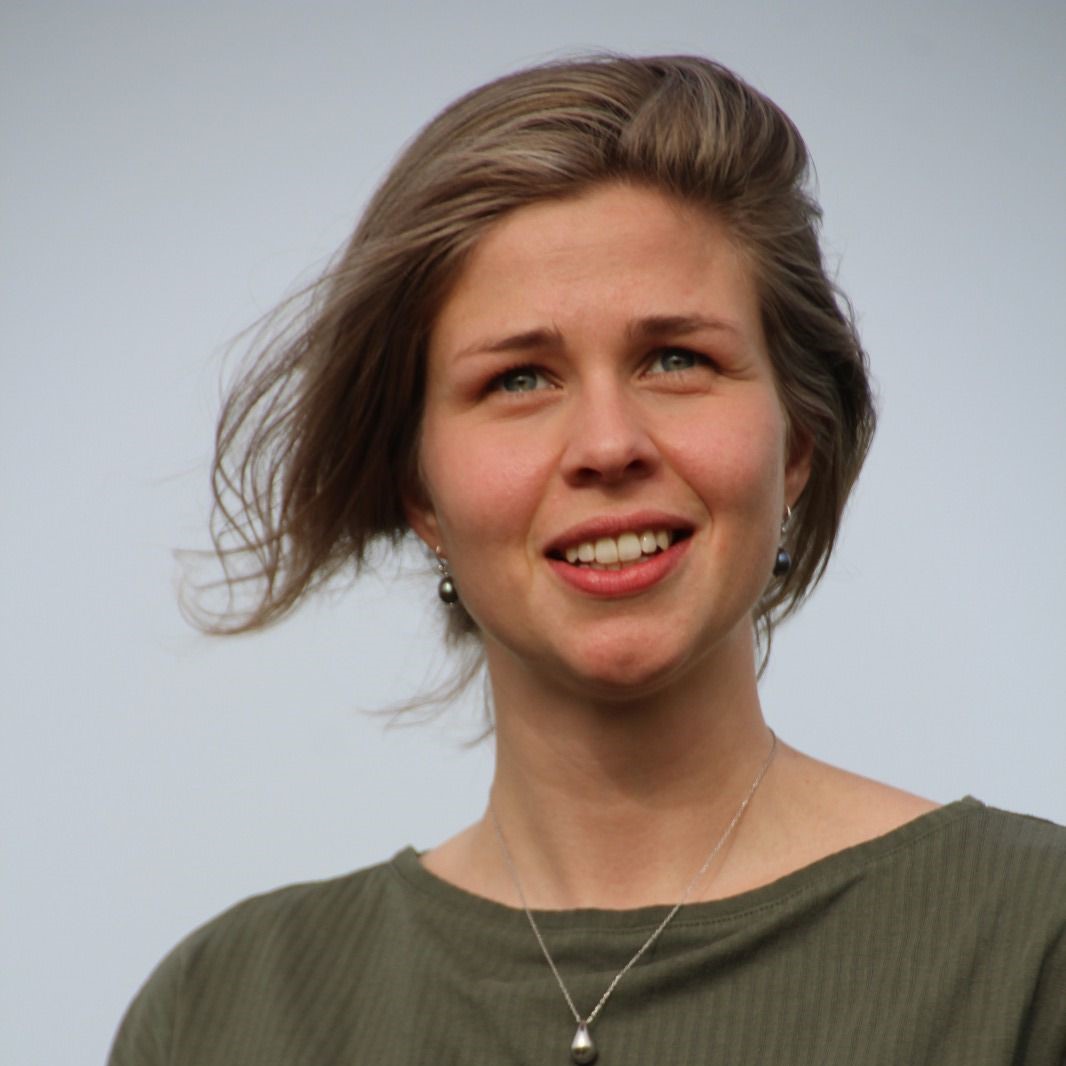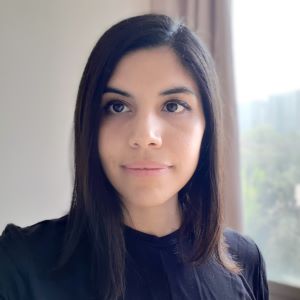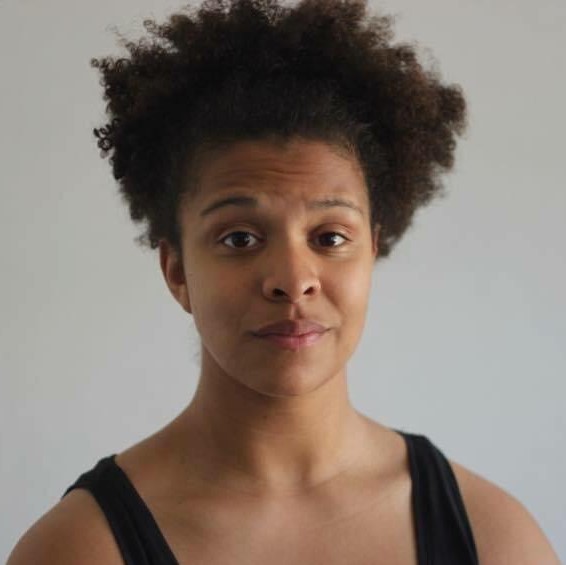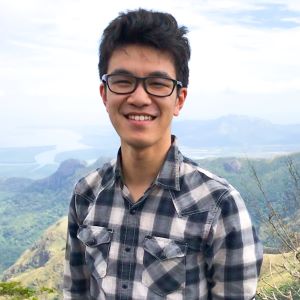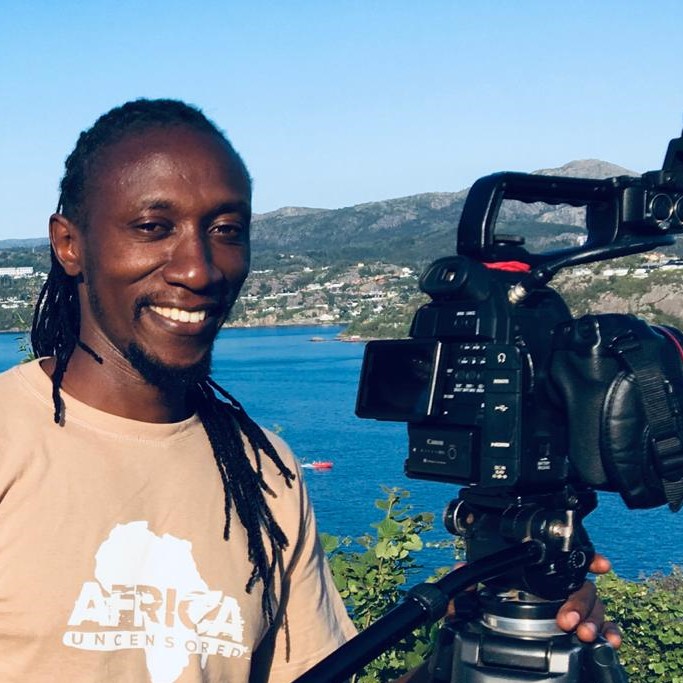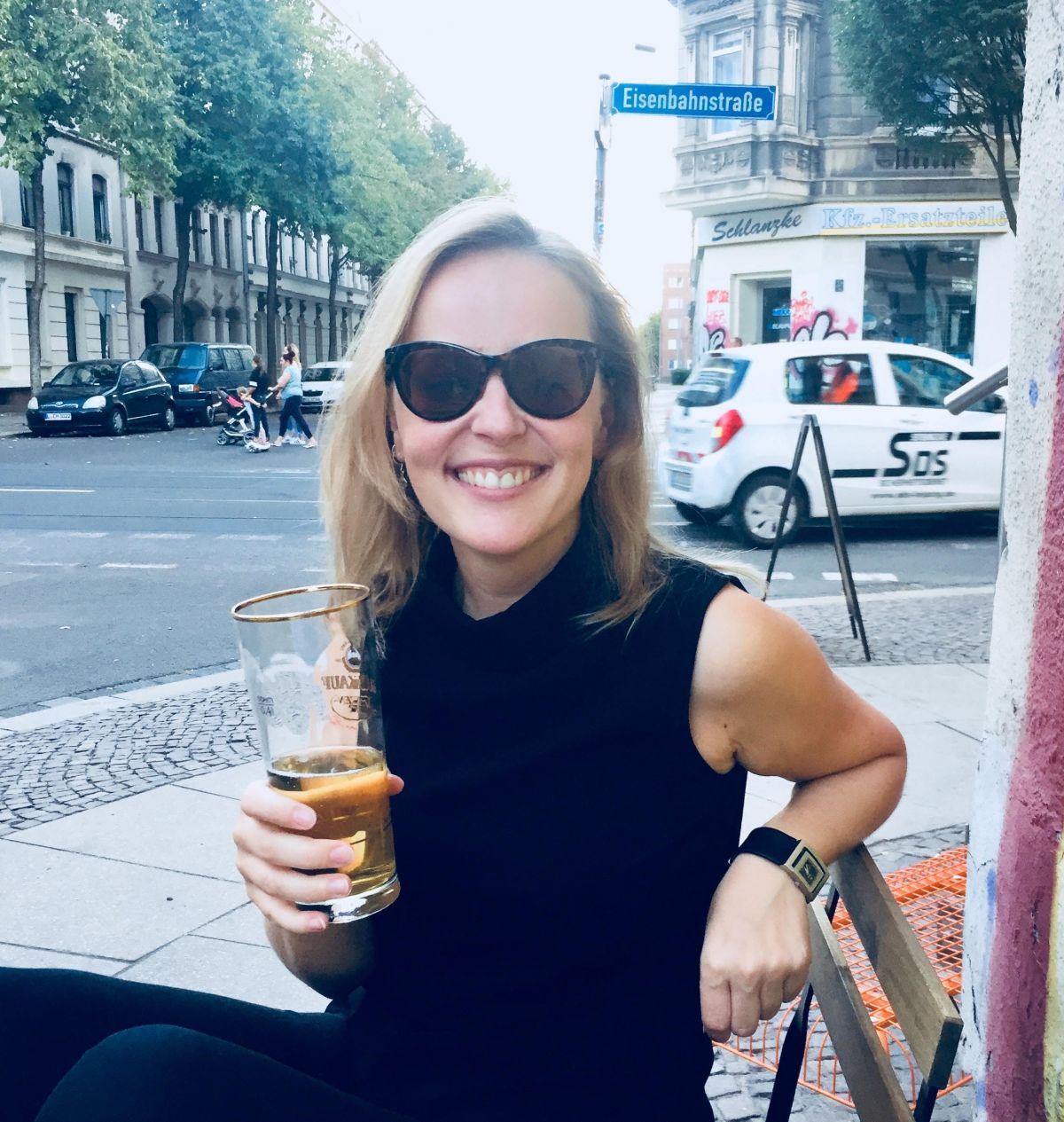The Birth of Understanding One’s Privilege
There were 9 of us on the program, a group of white, North American and European 18- and 19-year-olds. And once we stepped into the clinic, all people saw was that we were white.
United States, Northern America
Story by Sidra Kennedy. Edited by Melaina Dyck
Published on September 13, 2020.
Reading time: 4 minutes
This story is also available in 




Listen to this story:
Picture this: you’re 18 years old and your highest form of education is your high school diploma. You hated biology, so much so that it’s the only C you got all throughout high school, and opted out of taking chemistry by taking physics instead, the more uncommon route. You can self-diagnose when you have a cold, however, anything more severe and you are completely lost and confused.
Now, would you trust yourself to give a shot? Or deliver a baby? It seems impossible that anyone would give you, with no medical education, that much power. However, it happened to me.
I was studying the public health system in Ghana, through my gap year program for high school graduates to learn about development around the world. There were 9 of us on the program, a group of white, North American and European 18- and 19-year-olds. Three of us were placed in a rural health clinic in the Ashanti region of Ghana. We were supposed to talk to the doctors and observe the daily activities. But once we stepped into the clinic, all people saw was that we were white. Patients would request that we took care of them and the doctors insisted as well. It was shocking: we had no medical training or hands on experience, but we were given immense responsibility and respect. The automatic assumption that we, only high school graduates, were more educated and capable of helping than the doctors and nurses who completed years of school solely focused on medical health, was astonishing. I knew why I was receiving this treatment: my white skin and American accent. However, I struggled with why that commanded so much respect.
After I helped a midwife deliver a baby, I was mad at myself. How could I have let myself do something I knew I was unqualified for? How could I play into their harmful ideas that I, as a white westerner, was automatically educated enough for such an important and prestigious job? It was surprising and honestly hurtful to realize that even though I, an open-minded liberal who is aware of the injustices caused by certain people having privilege over others based on skin color, was sucked into basking in my own privilege. Instead of trying to change the perspective, by insisting on the midwife’s authority, I played into it and allowed myself to help deliver the baby.
I felt a wide range of emotions throughout my time working in the health clinic--surprise, specialness, shame--which left me confused. I thought, if I could get so wrapped up in this, I would never be able to properly combat discrimination in this world. However, I realized that in the process, my eyes were opening to how unearned privilege plays into discrimination by making it seem like the person with the unearned privilege is “above” others. To eliminate discrimination is a two-part process: first, obviously, ending discrimination where it occurs. Second, and less obviously, acknowledging and contradicting the unearned privilege I have, because that is what ultimately leads to the discrimination itself.
How does this story make you feel?
Follow-up
Do you have any questions after reading this story? Do you want to follow-up on what you've just read? Get in touch with our team to learn more! Send an email to [email protected].
Talk about this Story
Please enable cookies to view the comments powered by Disqus.
Subscribe to our Monthly Newsletter
Stay up to date with new stories on Correspondents of the World by subscribing to our monthly newsletter:
Tags
Topic: Liberation
> Timor-Leste
Mehi/Dreams in Dili
A story by Phoebe Parsons
1 min
This video shares the story of Isabel, a former student of Pro-EMA (Empowering Program for Women and Adolescents) in Timor-Leste. Read more...
> Indonesia
Indigenous-Belief Society’s Dilemma in Indonesia
A story by Fanny Syariful Alam and Nanda Shelly Susanti
6 min
Despite the Indonesian Government's official recognition towards the religious rights of indigenous religious societies, they are still facing some possibilities of discrimination and marginalization in their daily life. This article reveals the societies' experiences of unfair treatments both from education authorities and public in Indonesia Read more...
> Netherlands
Waarom ik me verkiesbaar stel voor de Europese Verkiezingen 2024
A story by Anna Koolstra
3 min
Een gesprek met Anna Koolstra, een van de jongste kandidaten die op 6 juni aanstaande verkiesbaar is voor het Europees Parlement. Read more...
Explore other Topics
Get involved
At Correspondents of the World, we want to contribute to a better understanding of one another in a world that seems to get smaller by the day - but somehow neglects to bring people closer together as well. We think that one of the most frequent reasons for misunderstanding and unnecessarily heated debates is that we don't really understand how each of us is affected differently by global issues.
Our aim is to change that with every personal story we share.
Community Worldwide
Correspondents of the World is not just this website, but also a great community of people from all over the world. While face-to-face meetings are difficult at the moment, our Facebook Community Group is THE place to be to meet other people invested in Correspondents of the World. We are currently running a series of online-tea talks to get to know each other better.












